MercoPress. South Atlantic News Agency
Tag: oil
-
Monday, October 7th 2019 - 09:40 UTC
Russia pledges to help Cuba have access to oil and petroleum products
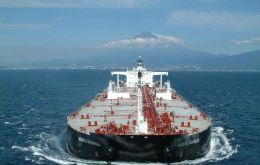
Russia will find ways to help Cuba get oil and petroleum products, Russian Prime Minister Dmitry Medvedev said in an interview broadcast on Saturday. Medvedev pledged to help develop Cuba’s energy sector during a visit to the island this week but did not announce any short-term measures to provide relief from crippling fuel shortages in the wake of tougher U.S. sanctions.
-
Saturday, October 5th 2019 - 09:12 UTC
Mexico does not seek control of Zama, the country's major oilfield discovery in decades
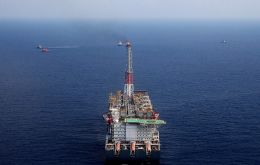
Mexican President Andres Manuel Lopez Obrador said that his government is not seeking to take control of the Zama oilfield discovery, which is currently operated by a private consortium led by U.S.-based Talos Energy. The statement follows on a report from Reuters earlier in the week saying that Mexico’s national oil company, Pemex, wants to take control of Zama from Talos.
-
Friday, October 4th 2019 - 09:50 UTC
Ecuador declares state of emergency to contain protests against elimination of fuel subsidies

Ecuador's President Lenin Moreno declared a state of emergency Thursday as protests broke out nationwide over the end of decades-old fuel subsidies as part of a $2 billion government fiscal reform package. Police responded with tear gas in the worst unrest for years in the oil-producing Andean nation.
-
Thursday, September 26th 2019 - 13:35 UTC
What is the economic fallout from the Saudi Arabia oil facility attack?
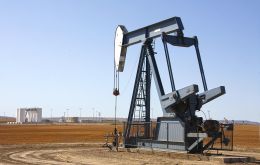
A violent attack on Saudi Arabia’s oil infrastructure was carried out earlier this month. Some 18 drones and seven cruise missiles were reportedly fired in the direction of several oil facilities in the region. The Abqaiq facility was the primary location of attack, while cruise missiles struck an oilfield in Khurais, just east of the city of Riyadh.
-
Tuesday, September 17th 2019 - 09:51 UTC
US markets in the red following attacks on Saudi oil production
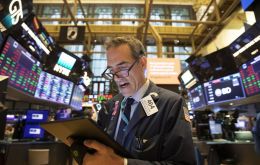
US stocks tumbled into the red on Monday as attacks on Saudi crude production and record jumps in oil prices whipped up investor anxieties about the global economy.
-
Tuesday, September 17th 2019 - 09:49 UTC
US ready for a response to attack on Saudi oil facilities; China and Russia call for restrain
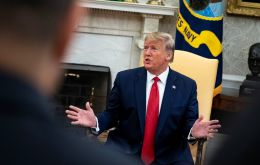
The United States readied its response on Monday to the “unprecedented” attack on Saudi oil facilities as President Donald Trump said Iran was likely to blame, fanning new fears of conflict in the Gulf region.
-
Friday, September 6th 2019 - 09:53 UTC
Major oil companies billions in investments incompatible with Paris climate accord, claims energy think-tank

Major oil companies have approved US$50 billion of projects since last year that will not be economically viable if governments implement the Paris Agreement on climate change, think-tank Carbon Tracker said in a report published on Friday.
-
Wednesday, August 28th 2019 - 09:03 UTC
BP divests from Alaska's Prudhoe Bay to concentrate in Texas shale

British oil giant BP on Tuesday agreed to sell all its Alaskan properties for US$5.6 billion to privately held Hilcorp Energy Co, exiting a region where it operated for 60 years.
-
Friday, August 23rd 2019 - 09:50 UTC
Premier Oil trying to sell part of its Falklands' Sea Lion project
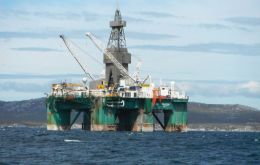
Premier Oil is selling its stake in a “world-class” project off the coast of Mexico and wants to reduce its holding in a long-awaited scheme north of the Falkland Islands as it tries to lighten its US$ 2bn debt burden, reports the Financial Times.
-
Friday, August 23rd 2019 - 09:34 UTC
Oil super majors investing heavily in West Texas Permian
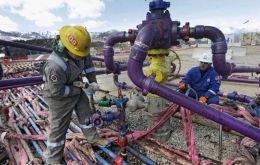
The towns in the heart of the Permian in West Texas—once notoriously known as boom or ghost towns depending on the price of oil and drilling activity—have seen steady growth since 2017 and look to expand community and school services as the boom hasn’t been affected by the recent oil price slide.
